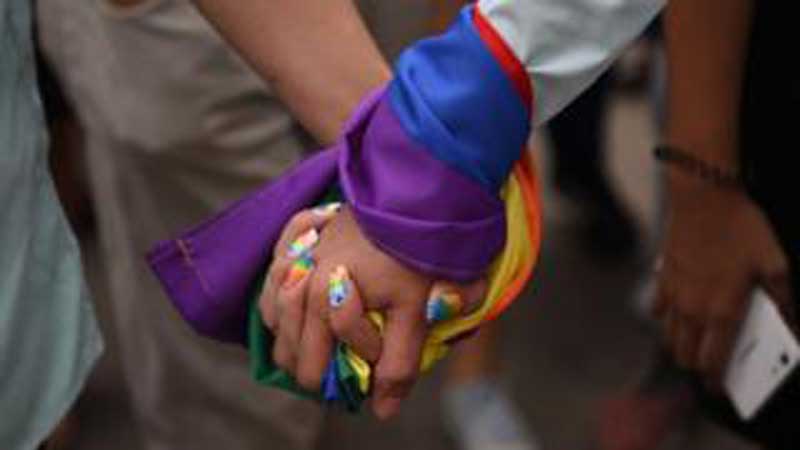×
The Standard e-Paper
Stay Informed, Even Offline

More than two-thirds of LGBT people in the UK avoid holding hands in public due to fears about negative reactions, according to a government survey.
Results also showed LGBT people are more likely to be "less satisfied" with life than the rest of the population.